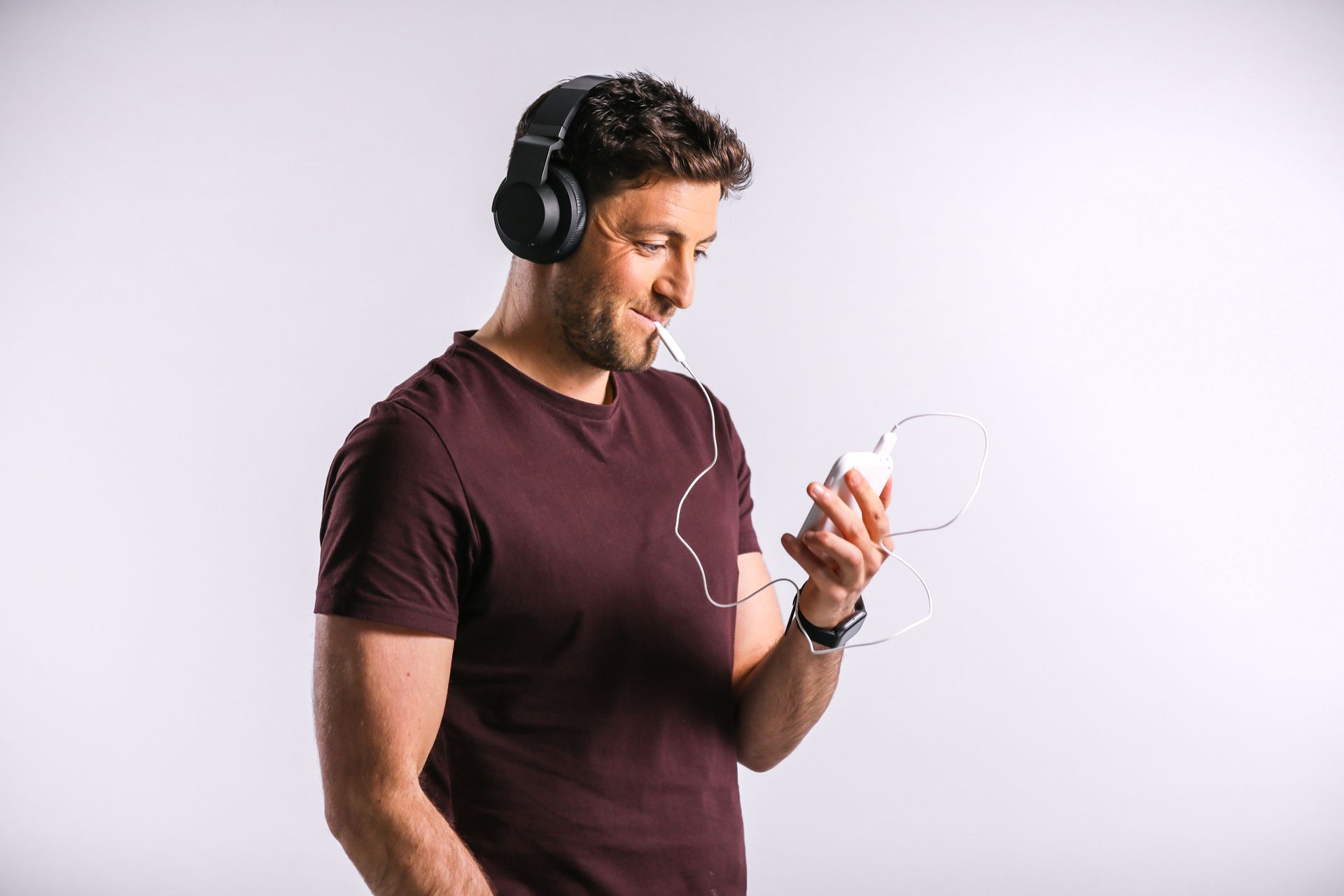Silencing the Noise: How Lenire Tinnitus Treatment Is Changing the Game

Do you ever find yourself constantly battling with the persistent ringing in your ears, known as tinnitus? If so, you are not alone. Tinnitus affects millions of people worldwide, impacting their daily lives and overall well-being. However, there is hope on the horizon with the revolutionary Lenire tinnitus treatment. In this article, we will delve into the groundbreaking technology behind Lenire and how it is reshaping the landscape of tinnitus management. From understanding the impact of tinnitus to exploring real-life success stories and the future of tinnitus treatment, we will explore how Lenire is changing the game for those struggling with this debilitating condition. Get ready to discover a new path towards relief with Lenire.
Understanding Tinnitus and Its Impact
Tinnitus can have a profound impact on individuals, affecting everything from their concentration and sleep quality to their emotional well-being. Understanding the complexities of this condition is crucial in developing effective treatment strategies.
The Lenire Treatment: How It Works
Lenire is a novel, non-surgical medical device designed to reduce the severity of subjective tinnitus. Lenire is comprised of a handheld control device (Controller), an intra-oral device (Tonguetip) that is designed to deliver electrical stimulation on the surface of the tongue, and a set of Hi-X25BT headphones (Headphones) that delivers binaural sound stimulation.
During the treatment, the Tonguetip rests on the tip of the tongue, electrically stimulating the nerves of the tongue to provide somatosensory stimulation while the Headphones deliver sound stimulation to both ears.
The Tonguetip stimulates the anterior-dorsal surface of the tongue for the following reasons:
The tongue is a mucosal surface that is coated with a replenishing electrolyte (saliva) that enhances transmucosal electrical stimulation.
The anterior-dorsal surface of the tongue possesses one of the highest nerve densities in the human body.
The lingual branch of the trigeminal nerve innervates the anterior surface of the tongue. Studies have revealed important anatomical and functional links between the trigeminal nerve and central auditory structures, such as the cochlear nucleus and inferior colliculus. For example, it has been shown that auditory evoked activity in dorsal cochlear nucleus neurons or inferior colliculus neurons can be suppressed by electrically stimulating the trigeminal system.
The bimodal pairing of two sensory stimuli (neutral and specific) increases perception of the neutral stimulus and enhances neuroplasticity. In this pairing the neutral stimulus is the therapeutic tones, and the specific stimulus is the electrical stimulation. As neuroplasticity is triggered by bimodal stimulation, neurons in the auditory pathways become more sensitive to the sound and less sensitive to the tinnitus activity.
Neuroplasticity refers to the brain’s ability to adapt its neural networks based on new inputs and experience. The brain has the ability to continuously optimize, reorganize and/or improve sensory, motor, and cognitive processing capabilities. The brain also can experience “maladaptive” neuroplasticity, resulting in imbalances in excitatory and inhibitory activity across auditory and non auditory networks that can lead to neural pathologies, such as illusory sound and distress in tinnitus patients. Deprivation of input to the nervous system is a major contributing factor in maladaptive neuroplasticity and many studies agree that hearing loss and neuroplasticity play a key role in the pathogenesis of tinnitus.
The Lenire treatment utilizes innovative technology and neuroscience to target the root causes of tinnitus. By delivering specific sequences of audio tones paired with gentle electrical stimulation to the tongue, Lenire works to rewire the brain's response to tinnitus signals. This innovative approach aims to provide relief from the symptoms of tinnitus by retraining the brain and promoting neuroplasticity. As we delve into real-life success stories, it becomes clear how the Lenire treatment is transforming the lives of tinnitus sufferers.
Real-Life Success Stories
One individual, Sarah, had been struggling with debilitating tinnitus for years before discovering the Lenire treatment. She describes how the constant ringing in her ears made it difficult to focus on work and enjoy social situations. After completing the Lenire treatment program, Sarah noticed a significant decrease in the intensity and frequency of her tinnitus symptoms. She was able to regain control over her life and found a renewed sense of peace and calm.
Another patient, John, had tried multiple traditional tinnitus treatments with little success before turning to Lenire. He shares how the combination of audio tones and electrical stimulation provided him with relief he never thought possible. John can now sleep through the night without being disturbed by tinnitus and can engage in conversations without being overwhelmed by the ringing in his ears.
These real-life success stories highlight the profound impact that the Lenire treatment can have on individuals suffering from tinnitus. By sharing these stories, we hope to inspire others to explore this innovative approach to managing tinnitus and discover the life-changing benefits for themselves. Moving forward, let us take a closer look at the benefits of Lenire over traditional treatments.
Benefits of Lenire Over Traditional Treatments
Lenire offers several key benefits over traditional tinnitus treatments. Unlike many conventional methods that focus solely on masking the symptoms, Lenire targets the root cause of tinnitus through a unique combination of audio tones and electrical stimulation. This personalized approach has been shown to provide relief for many individuals who have previously found little success with other treatments. Additionally, Lenire is non-invasive and can be easily integrated into one's daily routine, making it a convenient and effective option for managing tinnitus.
Future of Tinnitus Management
With these advantages in mind, it is clear that Lenire is changing the game in tinnitus treatment. The testimonials and success stories from patients who have experienced significant improvement in their quality of life speak volumes about the potential of this innovative approach. As we continue to uncover the benefits of Lenire over traditional treatments, it is exciting to consider the future of tinnitus management and the possibilities that lie ahead.
As technology and research progress, we can anticipate even more groundbreaking developments in the field of tinnitus management. With a personalized, non-invasive approach like Lenire paving the way, there is great potential for further advancements in understanding and treating tinnitus. The future may hold even more effective, accessible, and tailored solutions for individuals seeking relief from this challenging condition. As we look ahead, it is clear that the evolution of tinnitus management is on a promising trajectory, offering hope and an improved quality of life for those affected.
In conclusion, the Lenire tinnitus treatment has revolutionized the way we approach tinnitus management, offering a glimmer of hope to those who have long struggled with the condition. Providing a comprehensive overview of tinnitus, the innovative technology behind Lenire, and real life success stories, it is clear that this treatment is changing the game for many. As we look towards the future of tinnitus management, Lenire stands out as a beacon of promise for those seeking relief.











